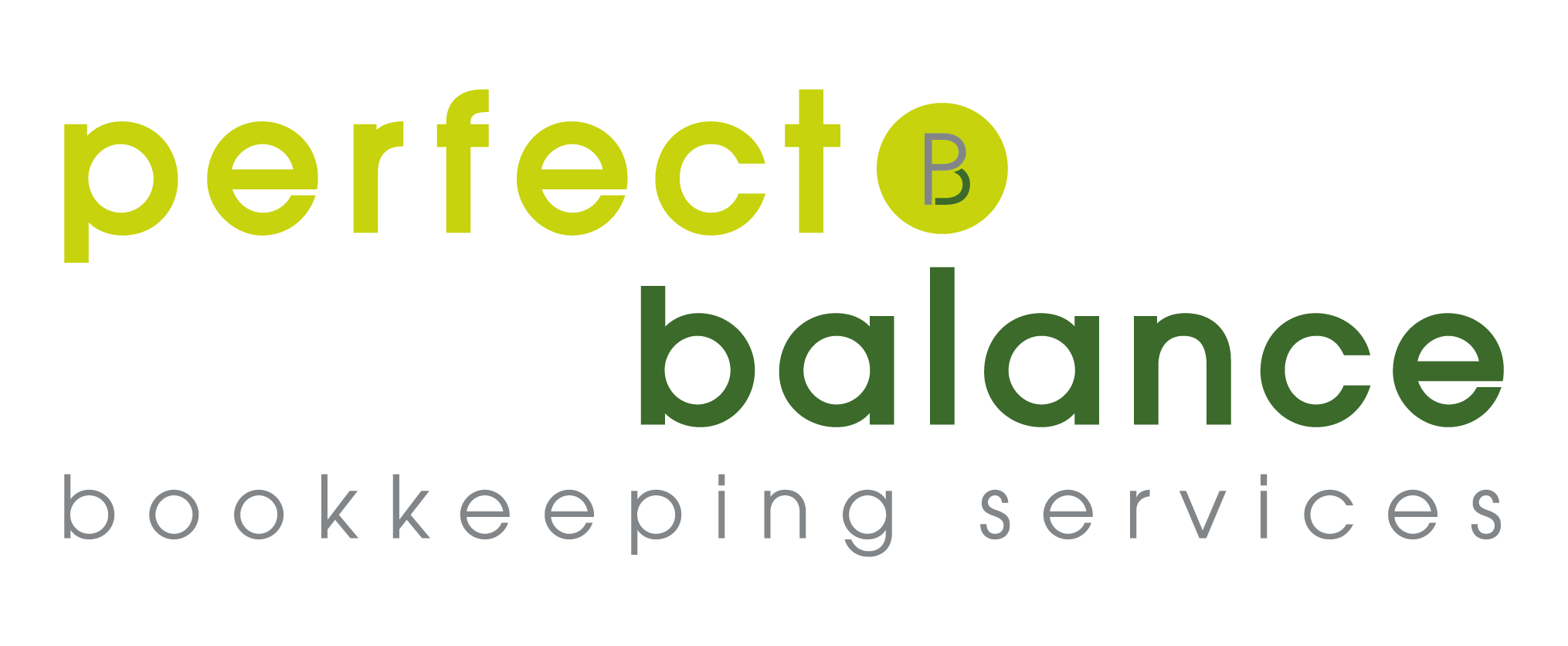Organisation helps you sleep better…..
Organisation increases productivity at work…..
Organisation can improve relationships…..
More than often the main causes of stress come from an ever growing to do list and money. Here at Perfect Balance, our aim is to help you tackle both sources of stress and make life that little bit easier.
Whilst some of the tips listed below seem like small changes, I can guarantee applying these techniques can positively impact you and your business, saving you time and money.

For your email account: add folders to categorise the content of important emails and conversations. Leave only the items that are in progress or need actioning in your inbox.
On your hard drive/cloud: add folders and sub folders to organise information. You could think about having folders for staff, customers, suppliers and administration folders containing information such as letterheads and logos. Organising important information and making it easily accessible, will make life so much easier.
Putting aside a day a month (one day a month minimum – and yes…a whole day!) to go through outstanding paperwork and bring outstanding tasks up to date is essential. Personally I would schedule a specific day or half day once a week either at the beginning or end of the week and add it to your diary or calendar.
How about #FinanceFridays or #ManangingMondays
Check your bank balance at least once a month if using software to make sure the balance is correct and up to date. This way if the balance is different you don’t have to go back too far to work out where it has gone wrong. We advise checking the balance weekly to stay on top.
“The single and most powerful time mastery tool”
In its simplest form, a default diary is just a calendar of your week with blocks of time preassigned to particular tasks that you need to do. I would advise to start small and add one or two immovable tasks e.g.: Finance Fridays and ‘check in’ meetings for staff. Don’t forget to block out time for lunch – how many of you actually take a lunch break!?
Check your next day’s activities and meetings the day before so you are aware of what you have going on before you wake up.
Make lists! Lists enable you to visualise the tasks. It’s a tremendous feeling when all things are ticked off the To-Do list (I colour coordinate mine in order of priority). Technology is great but we love pen and paper and a good list here!
During meetings, always take notes. This is very important. There are many objectives to go through in meetings and it is always beneficial to have some notes to go over afterwards, especially if certain tasks need to be implemented. It is also advisable to write notes with pen and paper rather than technology as apparently this helps with information retention…who knew!?
Make sure your To-Do list is scheduled time on your calendar. Create alerts before the activity is due giving you enough time to prepare if need be.
Plan your month in advance.
What do you need to achieve? Make sure you schedule it all in!
If you still feel overwhelmed and need a helping hand with your bookkeeping, then click on the link, fill out our contact form and we will be in touch. Even if you just need a step in the right direction, we are always happy to help with those one off jobs to ensure you are on the right track.
